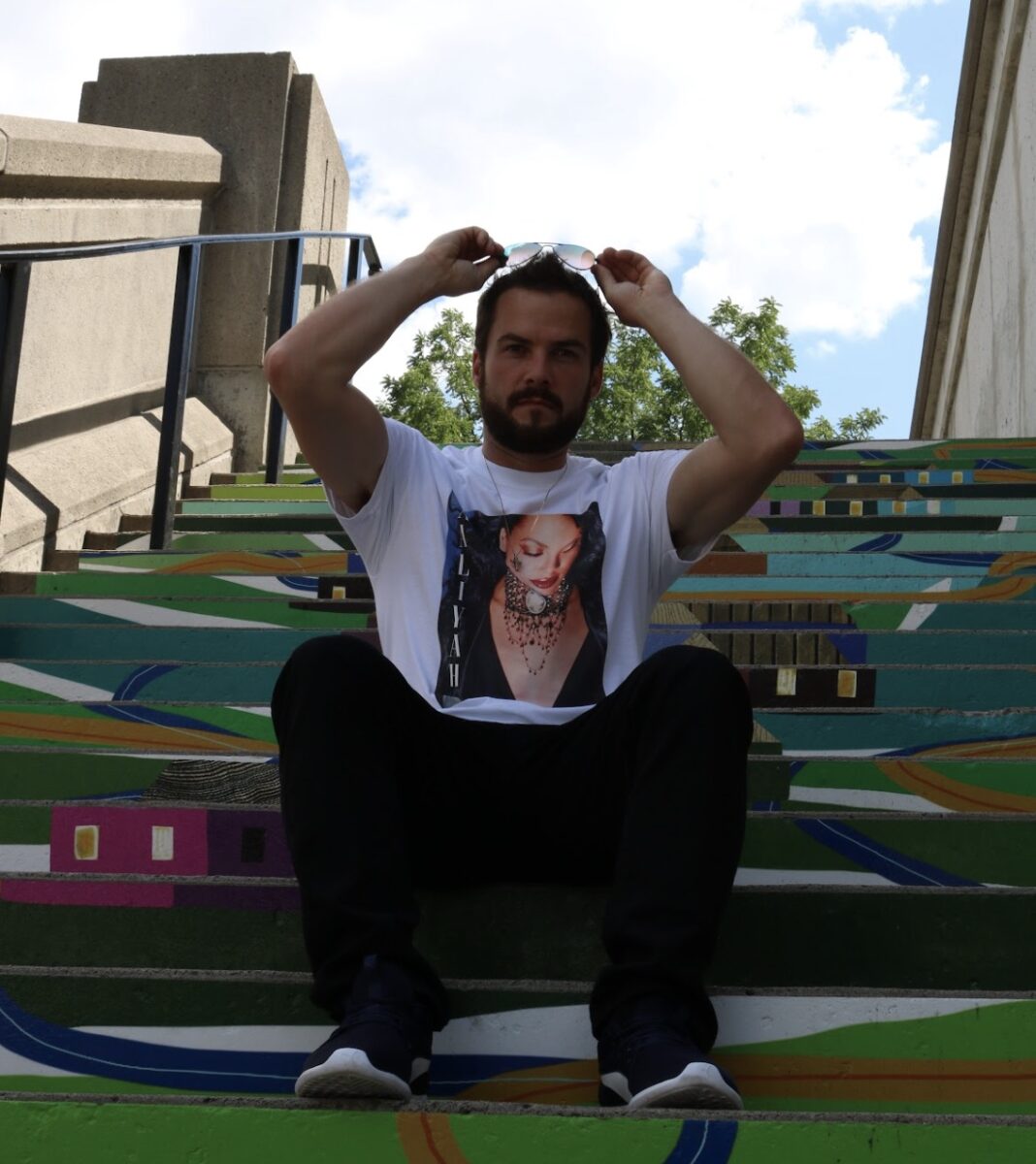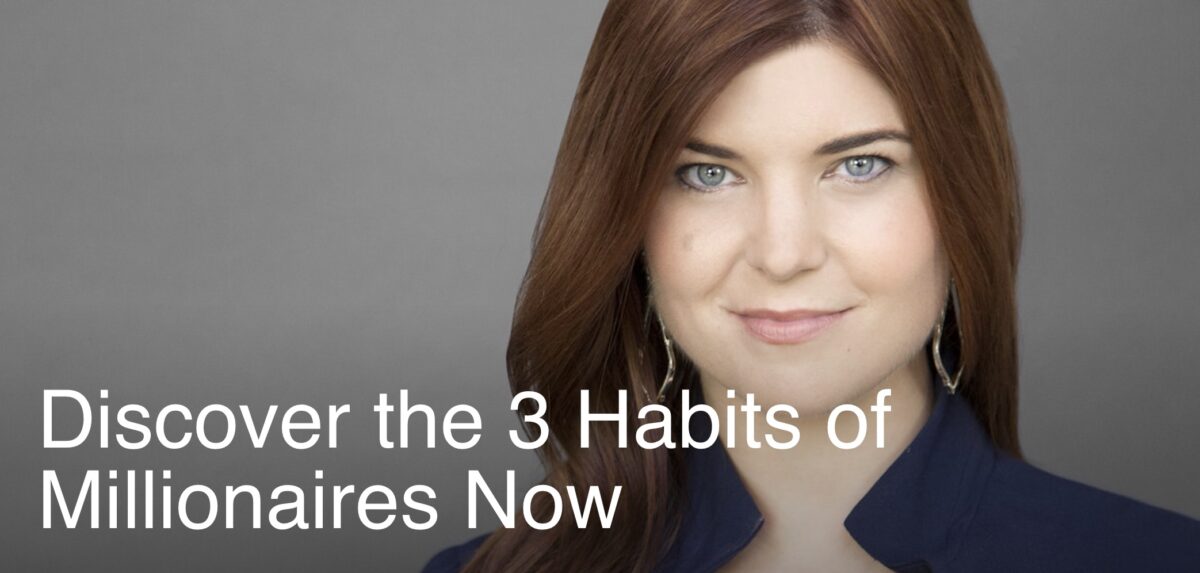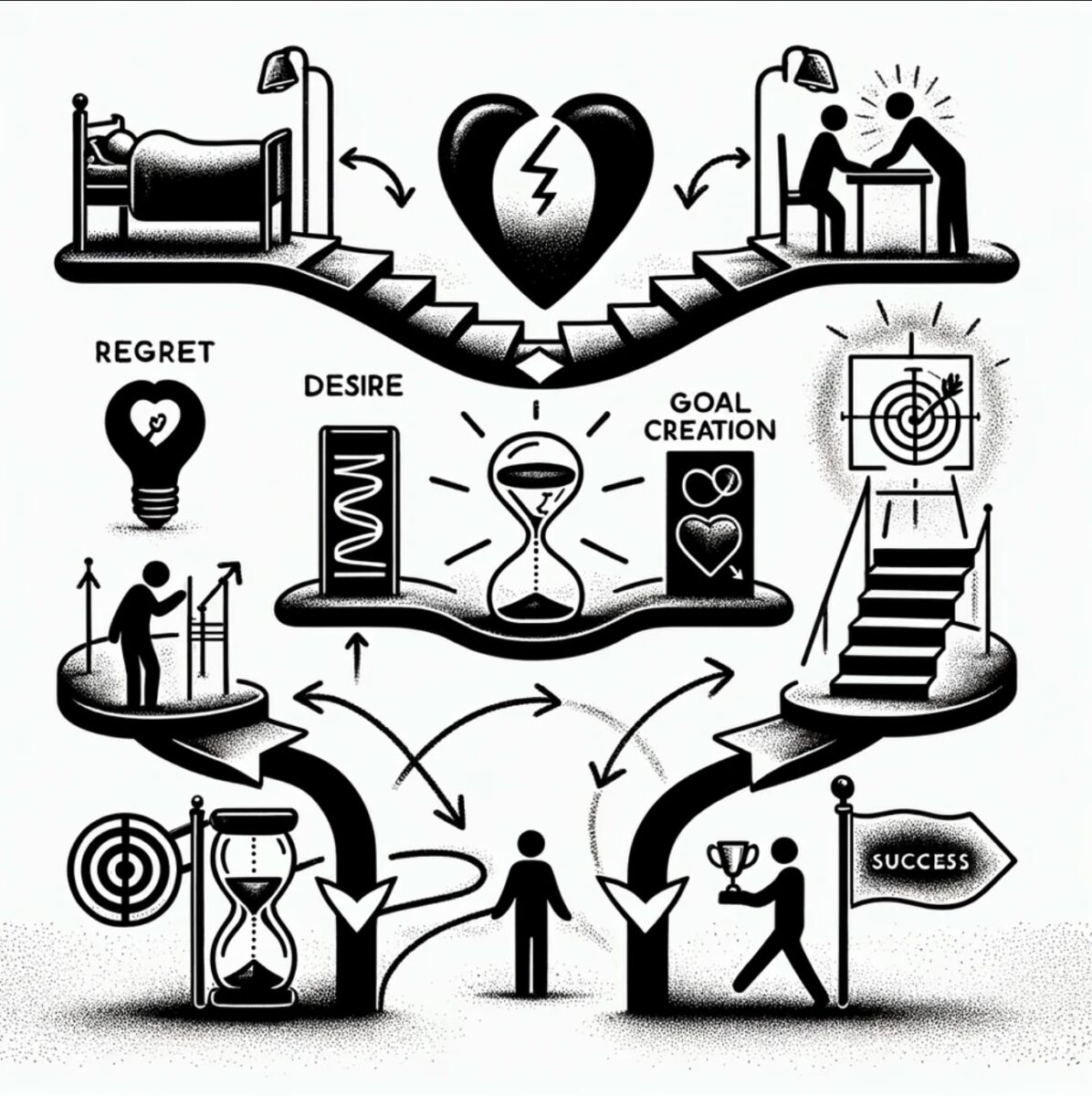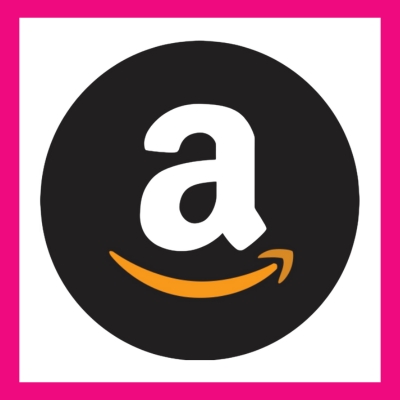I recently started therapy again.
It’s been incredible, in general, but one specific moment sticks out.
It’s actually quite connected to my life as a creator, podcaster and entrepreneur.
A conversation we had about therapy itself and how it compares to coaching, teaching, or parenting.
My goal to become an online creator is (has always been) about helping you live your best life.
But early on I had some struggles about how to achieve this goal.
When I found podcasting I knew that was the creative medium.
I started writing as well.
But I struggled with a more direct way to help people.
Naturally the idea of coaching people came to mind.
I saw the success that many fellow creators had when it came to coaching people and figured I could do it too.
I was very successful as a coach. In fact I would have definitely built a million dollar business by now had I stuck with it, but I stopped taking on clients.
I am super confident that if I worked with Conor McGregor, he would make a comeback from his fall from grace.
If I were to coach Tom Kim he would be much more likely to win golf tournaments.
Even Taylor Swift would feel better about her career if we were to work together.
And if I coached you, you would be better off indeed.
But I quit. Pretty much cold turkey I stopped taking on new clients.
For a couple reasons.
One a bit silly.
And the other a bit more serious.
Want To Try Working With A Coach?
If you already know that you want to experience my coaching you can apply here: Justin Nolan JKL Coaching Application Form
Why Did I Stop Coaching?
When I first started creating online I met an awesome mentor in Stephen, “America’s Life Coach”.
He is an incredibly successful life coach, but more importantly an awesome friend.
I learned a lot from him, some of which you can hear on Interview 42 of the JKL Podcast with Stephen Lovegrove, but one of the most valuable lessons he shared was from the book The Big Leap by Gay Hendricks.
We all have a ULP and “Upper Limit Problem”.
The idea that we have a set level of happiness, success, and love that we believe we deserve. When we surpass that level, we subconsciously sabotage ourselves to return to our comfort zone. Therefore recognizing and overcoming our Upper Limit Problem is crucial to achieving our full potential
If we want lasting success and satisfaction in life that continues to expand toward the positive, then we have to push past our comfort zone.
I was really good at this for a long time. But our comfort zone is domain specific.
I grew as a writer, and I continue to.
The podcast was challenging at first but continues to expand.
Any opportunity to try something new is exciting for me.
But, as I reflect on my career as a coach I can see very clearly that I hit an upper limit problem.
The silly reason I stopped coaching.
I told myself that if I wanted to build a life of freedom, then it needed to be more automated. So I spent too much time on email, SEO, courses and content.
The serious reason I stopped coaching.
In all honesty I was confused about the fact that coaching can quickly get tied in with the medical field, where I am not the expert.
I have a background in psychology and a lot of experience, but I am not a doctor, therapist, psychologist, psychiatrist, or naturopath.
Yet, my goal is truly to help improve your mental health.
You can see how this gets confusing right?
Combine this with hate that we receive online and it was a super spreader of a subconscious virus that made me slowly stop taking on new clients.
My fear was that maybe people needed more specific medical interventions and so I decided I would create courses and content, but leave coaching out of it.
That is until I started therapy again.

Why Am I Coaching Again?
Because my therapist knows that I have a well rounded background in psychology, cognitive therapy and well, life I guess, they’re taking the approach of sharing all of the inner workings of their model with me.
Instead of directly saying “here’s my struggle, what should I do?” I’m learning about the underlying reasons and strategies through which they operate.
It’s pretty damn cool and most importantly, helps my mind heal in the process.
We got into the topic one day about “tolerance”. The idea that the ability to “tolerate” something, or not “tolerate” something, whether conscious, or not, is perhaps one of the most important factors in determining how we feel.
For example, if you can’t tolerate the sight of blood, you might feel nervous, or faint when you get a single needle prick.
But others can work in a blood donor clinic, or on the front lines of an emergency room and tolerate a lot of blood.
As we discussed the topic I realized there is a big connection to the coaching I do.
I shared that a client’s ability to “tolerate” the first stages of a new goal is very similar.
It could be trying to win a golf tournament, starting an exercise routine, creating online, becoming a parent, having difficult conversations at work, finding a life partner, or any of the many things that come up in coaching.
But in the cognitive behavioral therapy practice they don’t really dive into situations like these.
They would be kind of off topic.
So I shared the fact that I miss coaching brand new clients and we talked about that explicitly.
To summarize, what we do is very different.
The Difference Between A Coach and A Therapist
As we got talking I really better understood that coaching and therapy are both transformative, but in different ways.

Coaching focuses on crafting and realizing a vision and plan for your future goals using specific tasks between sessions.
While therapy tends to focus on insights into past experiences, or struggles to better manage your feelings and emotions.
I could not imagine going into my therapists office and saying something like
“Hey I’m really struggling to get more downloads on my podcast. What should I do?”
“My email open rates are down to 20% and more people are unsubscribing than ever. Does that matter?”
“I’m just running out of ideas for content and I’m scared it will slow down my revenue this next quarter. Am I wrong?”
But these are all things I could happily share with my coach.
On the flip side, I could not imagine going to my coach and saying something like
“Why do I constantly feel like I’m going to die?”
“I know there’s no finish line to parenting, but I just feel like I need to survive long enough to get my kiddos to 24, is that crazy?”
“No matter what I wake up every night, once or twice, sweating and in a state of panic, how can I stop this if I’m not awake?”
But these are all things I could easily share with my therapist.
Do you see the difference?
It’s certainly possible there is overlap between coaching and therapy.
I mean it’s kind of hard to split our mind, body spirit right down the middle.
And this is why I would love to see everyone tap into both.
Similar to the medical field, I enlist the help of an MD, a traditionally trained general practitioner doctor.
And I have a naturopath that helps me check on my overall, preventative health.
Together they make the perfect team.
I see coaches and therapists the same way.
Coaches do not diagnose or treat mental health conditions.
But we can be highly skilled, in our specific domain, focusing on development outside the realm of clinical intervention.
*Actually my therapist is one of the best mental health doctors in the world, yet doesn’t diagnose much either, but that’s another story about labels for another day*
Jaime Masters And The Universe Having My Back
The universe works in mysterious ways sometimes.
I found myself on a call with a mentor I’ve looked up to for many years.
Jaime Masters, founder of Eventual Millionaire is an incredible entrepreneur.

She’s also a great coach. One of those leaders who can help you see around corners that you don’t even know exist.
It wasn’t planned. Wasn’t really something I had expected to happen.
But all of a sudden the universe, manifestation, the stars, whatever it is you believe in aligned.
And we were chatting about the progress I’ve made with the podcast, business challenges, successes and where to go next.
That’s when she said something really powerful.
Jaime said that if I were to get back to coaching one on one that I would achieve all of my own big dreams.
She said that my ability to impact people is way too contextual to their individual needs.
Jaime said that I could easily spin up a program that helps people start a podcast, learn to lift weights, or write their “about bio”, but that I would be selling my self short. That the best coaches can teach across domains, get creative and not have an exact plan until they work with someone.
Not that I go around looking for validation, but this was life changing for me.
I have always felt like I can have the most impact by working directly with you.
You could be an astronaut, golfer, painter, podcaster, or president.
And the process is the same.
One to one, figure out your big dreams, identify what’s getting in the way and help you make a plan.
Having Jaime remind me that even she (who could automate her business) still coaches one to one because it’s important to her was a powerful reminder.
And that’s why I’ve given myself permission to coach for the rest of my life.
Regardless of how “successful” I am. I will still make time for 1:1 work.
Even if I have a course purchased by a million people.
I’ll have some one to one clients.
What Is It Like To Work With A Life Coach?
I think I love coaching because it has such a huge overlap with sports.
Everytime I coached in sport our teams made exponential gains compared to other teams.
In sports we help athletes and teams identify goals, co-create a plan, and hold each other accountable.
Coaching in life is no different.
I focus on what’s happening right now, what you desire, why you desire it, make sure you really want it and work together to bridge the gap to get there.
A life coach will assist you in identifying obstacles, pinpoint resistance, and help you figure out what shifts to make on your journey to success.
A life coach will help you expand your dream and ideas while exploring your mindset, understanding your beliefs, views and options that show up in your results.
A common misconception is that a coach will just tell you what to do. Give you a blueprint that works for everyone with a similar goal.
But this doesn’t work. The reason it doesn’t work is that we humans are unique. The problems, as well as the solutions are unique too.
And you will always have to be the person doing the heavy lifting.
This reminds me of a line from the speech Al Pacino gave as the football coach in Any Given Sunday.
“Now, I can’t do it for ya. I’m too old.”

A good life coach will use wisdom and intuition to guide you in connecting with your own inner wisdom and intuition.
We will help you transform the stories you tell yourself and the way you show up in the world.
The best life coaches take an unbiased, powerful approach that will empower you to be the best version of you.
Your current position, decisions you make, aspirations, actions you take and the next steps you identify from your own improved and realigned mindset.
Nothing in your life will change (for the better) unless you do.
To exaggerate, you could hire Tony Robbins and Oprah and have zero transformation, unless you are the main participant.
Now we all have tricks up our sleeves, but a coach can only take you as far as you are willing to go.
Can You Afford A Life Coach?
Well, let’s start with the “not so good” news.
Here’s where things get exciting about the coaching industry.
Coaches are paid in direct relation to the value that we bring to clients.
And because we can only level up so much at one time, the cost stays relative to our current needs.
It’s like a true ecosystem of supply and demand.
Rich Litvin is paid $185,000 for a year of coaching which includes 26 sessions.
If you do the math, that is $7,000 per hour.
You might be wondering, how in the heck can anyone be worth that much?
The fluffy reason is because the transformations we make in life are “priceless”.
But a more pragmatic answer is that he’s bringing more than $185,000 worth of value to his client every year.
Now, let’s assume you don’t have $185,000 to invest in coaching today. No judgment, I certainly don’t.
But you do have a current plateau that you can afford.
I used to have clients tell me that they “couldn’t afford” coaching only to immediately share that they recently bought a new TV, Car and signed up to take private kickboxing lessons.
It’s safe to say they didn’t see it as a priority. I am biased, but I am confident that it would be worth far more than those three purchases combined.
(But that’s an argument for another day.)
The way it works for any of us, with any investment, or purchase, is to take a look at our disposable income.
The money that we have each month, after our needs (actual essentials) of minimum bills are paid.
How much money are you left with?
How much would you put toward coaching?
Whatever that amount is I’d be willing to bet you can find the best value at that price point.
And the goal should be to continue to level up, each time making an uncomfortable investment in yourself.
My Own Coaching Plateau
I am very transparent about the fact that I always want to level up the coaching that I receive.
My next level would require around three to five thousand dollars per month.
That’s $36,000–60,000 per year.
But when I was first starting out I could only afford a couple hundred dollars here and there for coaching.
Still wondering why the heck anyone would pay so much?
Please do note that my next coaching level is still less than a car.
And I easily, easily see far more value in coaching that grows than a car that breaks down.
You need to take the time to consider the long-term, exponential effects of life coaching.
You will quickly realize that even one small improvement can result in outsized rewards.
Improving your energy, self care, parenting, productivity, fitness, or spending more time with your family, even the tiniest amount has a huge impact over time.
Now most coaching success is tied to something detached from financial data, but for those who like numbers, let’s use a business example.
I did reasonably well in the stock market when I was younger.
I took ten thousand dollars and it grew about 15% per year for a few years.
Not too bad at all.
But I am very confident that had I taken that original money and invested it in myself through business coaching I would easily have made a 100% return, if not far more.
And then I would have all of those beliefs, abilities and skills that would continue to compound forever. The eventual return would be massive.
This is why, if I’m ever blessed with the opportunity to invest again, I’ll be handing it right over to the best coach I can afford at that time.
What Do You Need?
This is a choose your own adventure.
You get to choose the path.
Do you have a therapist already? If not, could you hire one?
Do you already work with a coach? If not, would you hire one?
I’ll share one more personal story that can help with this.
In 2022–2023 I was really struggling. I often found myself in the grief and anger stages of consciousness.
No matter what it seemed like I could not climb that ladder of clarity.
The worst part?
I started getting panic attacks for the first time in many years.
I’ve always appreciate Andrew Solomon’s take on acute anxiety:
“Anxiety set in. If you told me I’d have to be depressed for the next month, I would say, “As long as I know it’ll be over in November, I can do it.”
But if you said to me, “You have to have acute anxiety for the next month,” I would rather slit my wrist than go through it. It was the feeling all the time like that feeling you have if you’re walking and you slip or trip and the ground is rushing up at you, but instead of lasting half a second, the way that does, it lasted for six months. It’s a sensation of being afraid all the time but not even knowing what it is that you’re afraid of. And it was at that point that I began to think that it was just too painful to be alive, and that the only reason not to kill oneself was so as not to hurt other people.”
I’ve been there many times.
And when challenges significantly impact our day-to-day life, we need to seek therapy. It’s the most important step in rebuilding our foundation.
So, I started therapy again.
As I started to feel more stable I was able to identify higher conscious goals.
I have big dreams to expand the JKL Brand, improve the podcast marketing and achieve personal wellness goals.
So, I started working with coaches again. Life coaching can complement therapy, build on the insights and propel you towards your goals.
How To Find Your Life Coach

But most of us benefit from someone who will support us in all areas of our life.
A foundation of health and wellness.
Developing our mindset.
Improving relationships.
And setting goals for work and fun.
After your foundation is established, then you might consider working on a higher order skill, maybe even just for fun.
If you have a narrow goal like improving the consistency of your golf swing, learning piano, or spanish, then you should probably search for a specific coach.
Regardless, you want to search for someone that is just outside of your pricing comfort zone. And take your time.
Don’t procrastinate, but take your time. Especially if this is new to you.
Sidenote: The best coaches will work with you for free at first anyways. So you know what it feels like to experience a life changing conversation.
That way you will find out if ongoing support is something that excites (and just the right amount of scares) you.
Since coaching is a partnership that involves identifying barriers, sparking motivation, and addressing your resistance to change, it’s important that you find the right fit.
But this DOES NOT mean you become friends with your coach. For a coach to truly hold you accountable they can’t be your friend.
Like any great sports coach, teacher, or parent, you can get along, have an incredible relationship, but not be friends (yet).
Apply To Hire Me As Your Coach
I’m not the most inexpensive coach, but I’m not the most expensive either.
I always coach for FREE at first.
But I can’t coach everyone.
If you want to learn more about how and why I specifically coach people one to one, check out this article.
Because I go super deep and it takes a lot of energy, I only take on a few clients at a time.
So it’s always a good idea to be on the waiting list.
Every so often I go to my list of applicants and do some initial clarity calls.
I charge a lot of money for a one-time clarity call, but for potential coaching clients, this call is FREE.
It’s not a 15 minute “chat”. More like 1–2 hours.
And it is a deep, powerful, life changing coaching session.
The goal of this session is to identify your big dream, what’s getting in the way, and come up with a plan.
There is no big sales pitch about being a client at the end.
If you want to work together long term AND I feel it would be a positive experience for both of us then I will explain the next steps.
Either it will be a Hell Yes, Or A Hell No!
But no matter what it will be an incredible experience.
Ready To Apply For Coaching?
If you want to explore working together you can apply here.
Justin Nolan JKL Coaching Application Form
Not Ready For Coaching Yet?
I’ve worked with a number of coaches after years of learning from them.
I listened to their podcasts, read their newsletters and read their books.
Years later I had saved up enough money, or worked up the courage to learn from them directly.
One of the best ways I share everything I learn to help you on your journey is in the JKL Newsletter.
CONNECT WITH JUSTIN:
Instagram @Justkeeplearning.ca
YouTube – @justkeeplearningpodcast
X – @JustinNolan_JKL
TikTok – @justkeeplearning.ca
Pinterest – justkeeplearningca
Facebook – justkeeplearning
LinkedIn – justinnolan-justkeeplearning



